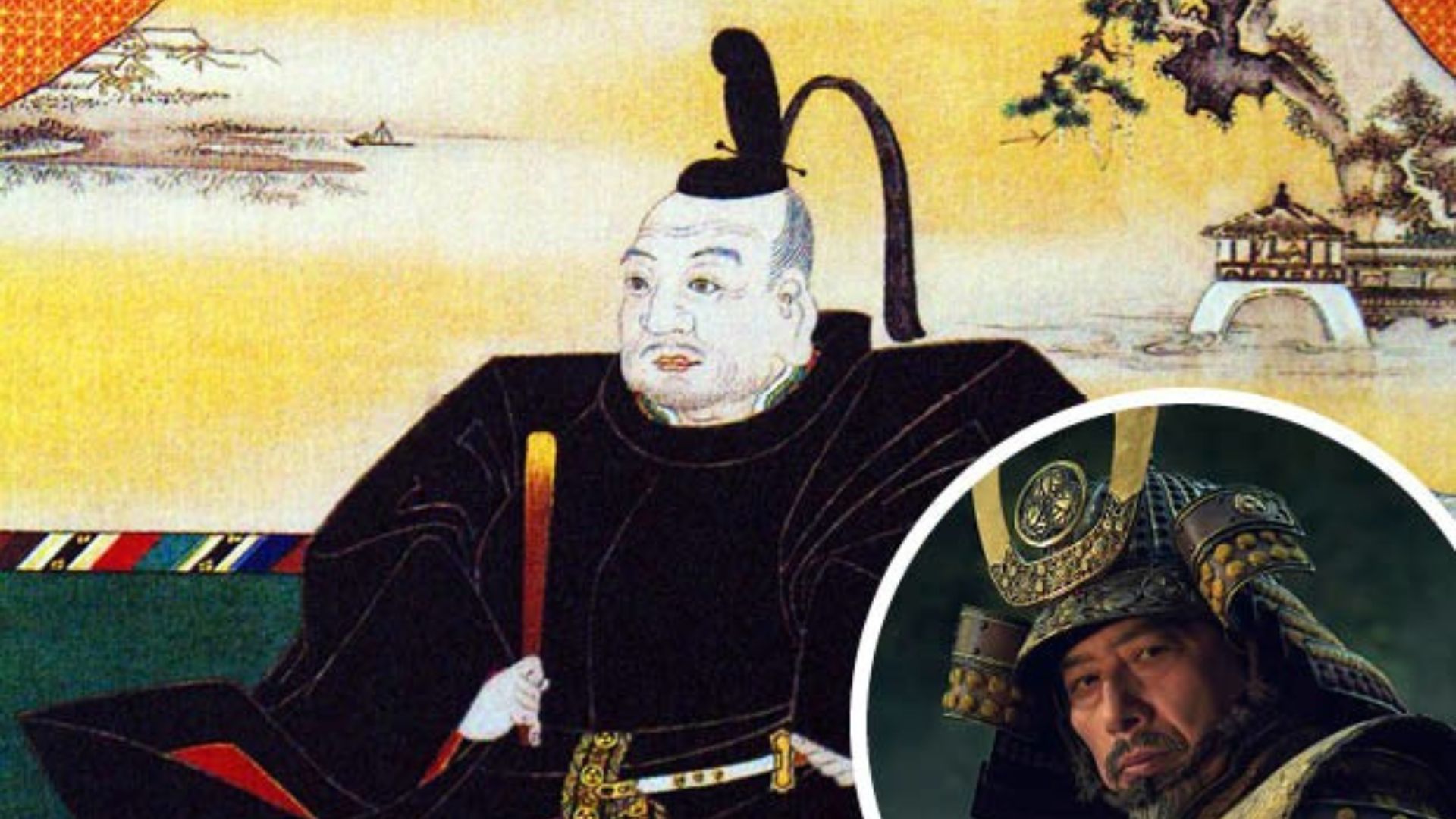Few figures in Japanese history are as legendary as Miyamoto Musashi. Known as the greatest swordsman of all time, Musashi was a master duelist, strategist, and philosopher whose influence extends beyond the battlefield. His undefeated record in over 60 duels, his unique two-sword fighting style, and his book, The Book of Five Rings, make him an enduring symbol of mastery and discipline.
But Musashi was more than just a warrior—his philosophy of strategy and self-discipline has been studied for centuries, influencing not just martial artists but also business leaders and strategists worldwide.
The Early Life of Miyamoto Musashi
Born in 1584 in Harima Province, Japan, Miyamoto Musashi grew up during a time of constant warfare as rival clans fought for power. His father was a skilled swordsman, but Musashi was largely self-taught, developing his skills through relentless practice and real combat experience.
At the age of 13, Musashi fought his first duel against Arima Kihei, a skilled samurai. Despite his youth and inexperience, Musashi defeated and killed his opponent, marking the beginning of his legendary career.
Musashi’s Duels and Fighting Style
Musashi traveled across Japan, engaging in duels and battles to hone his skills. Unlike most samurai, he did not serve a single master, making him a ronin (a masterless samurai). Instead, he sought to perfect his technique through real combat experience.
One of his most famous duels was against Sasaki Kojiro, a highly respected swordsman known for his “Swallow Cut” technique. The duel took place in 1612 on Ganryu Island. Musashi arrived late on purpose, using a wooden sword he carved from an oar, and defeated Kojiro with a single strike. This victory cemented his reputation as Japan’s greatest swordsman.
Musashi also developed the Niten Ichi-ryu style, which emphasized fighting with two swords simultaneously—one long sword and one short sword. This technique gave him a major advantage over opponents using traditional single-sword techniques.

The Book of Five Rings: Musashi’s Philosophy
Later in life, Musashi focused on teaching and writing, summarizing his insights into strategy in his masterpiece, The Book of Five Rings. This book is still widely studied today, not only by martial artists but also by business professionals and military strategists.
The book is divided into five sections, each representing a different element of strategy:
-
Earth (Foundation) – The importance of understanding the basics and adapting to different circumstances.
-
Water (Flexibility) – Mastery of different techniques and adapting to an opponent’s style.
-
Fire (Combat Strategy) – Aggressive and decisive action in battle.
-
Wind (Awareness of Other Schools) – Studying other styles to understand strengths and weaknesses.
-
Void (Mastery and Intuition) – The highest level of understanding, where strategy becomes instinctive.
Musashi’s Later Years and Legacy
Musashi never sought wealth or status; he lived a simple life, focusing on self-improvement. He spent his later years writing, meditating, and practicing Zen Buddhism. In 1645, at the age of 61, he passed away, leaving behind a lasting legacy.
His teachings continue to inspire warriors, entrepreneurs, and strategists worldwide. Statues of Musashi can be found in Japan, and his influence can be seen in martial arts, business strategy, and modern philosophy.
Conclusion
Miyamoto Musashi was more than just a legendary samurai; he was a philosopher, strategist, and master of self-discipline. His undefeated record in duels, his development of the two-sword technique, and his timeless wisdom in The Book of Five Rings ensure that his name remains legendary. His philosophy of self-mastery, adaptability, and continuous learning still resonates today, making him one of history’s most influential warriors.











